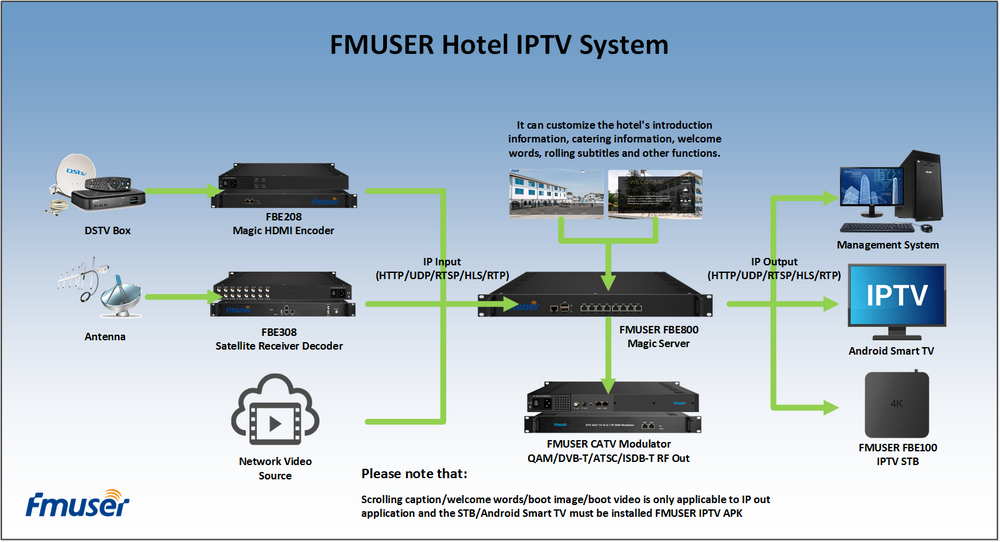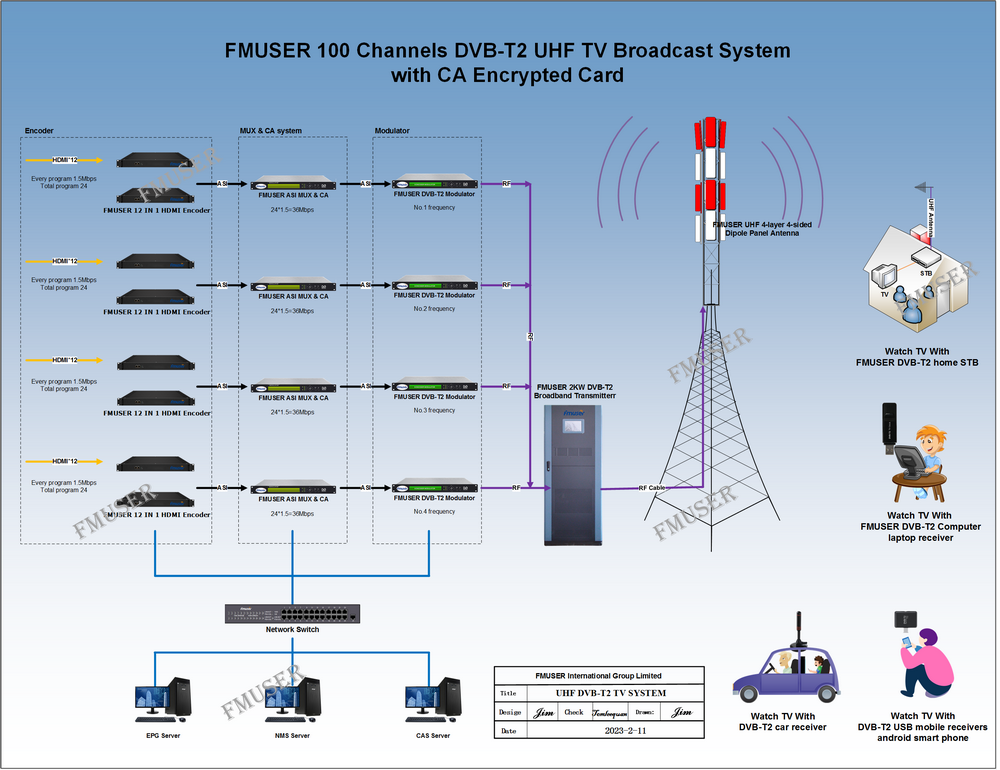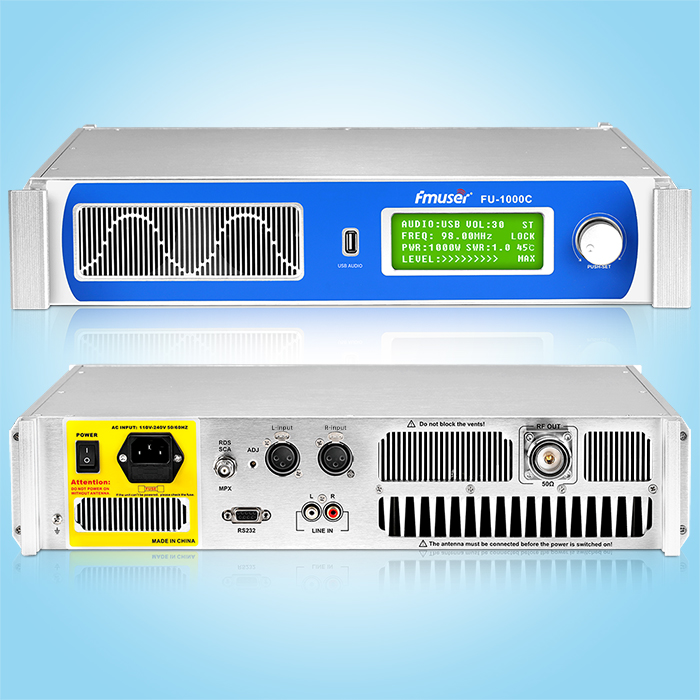"Since US President trump announced the imposition of punitive tariffs on a variety of Chinese goods on March 23, Sino US trade friction has lasted 27 days. On the evening of April 16, the U.S. Department of Commerce announced that the U.S. Government prohibited ZTE from purchasing sensitive products from U.S. enterprises, claiming that ZTE had made false statements to U.S. officials. In response, a spokesman for the Ministry of Commerce said that the Ministry of Commerce would pay close attention to the progress of the situation and be ready to take necessary measures to safeguard the legitimate rights and interests of Chinese enterprises.
Yesterday, the Shenzhen Stock Exchange announced that the trading of ZTE has been suspended since the opening of the market on April 17 due to major events that may have a great impact on the stock price and have not been publicly disclosed.
On the morning of April 17, the Ministry of Commerce issued announcement No. 38 of 2018, deciding to implement temporary anti-dumping measures against sorghum imported from the United States.
ZTE was banned by the United States for seven years And Huawei are blocked in US frequency
On April 16 US Eastern time, the US Department of Commerce issued an export ban on ZTE. Until March 13, 2025, US companies will be prohibited from selling parts, goods, software and technology to ZTE.
Regarding the US Department of Commerce's announcement to take export control measures against ZTE, a spokesman for the Department of Commerce said that China has always required Chinese enterprises to abide by the laws and policies of the host country and operate legally and in compliance in the process of overseas operations. ZTE has carried out extensive trade and investment cooperation with hundreds of American enterprises and contributed tens of thousands of jobs to the United States. It is hoped that the US side will properly handle it according to law and regulations, and create a fair, fair and stable legal and policy environment for enterprises.
In recent years, ZTE and Huawei have repeatedly suffered setbacks in entering the United States. Earlier this year, Texas Republican Mike Conaway submitted a new bill calling on the U.S. Congress to issue an injunction to prohibit U.S. government departments at all levels from cooperating with service suppliers using Huawei or ZTE equipment, and claimed that the injunction was to safeguard U.S. national security.
Huawei was expected to officially enter the U.S. market in cooperation with at & T in 2018. This agreement also failed due to the obstruction of the U.S. government. Some analysts said that from the sales of other communication equipment from foreign communication manufacturers, such as Ericsson and Sony, in the United States for many years, in addition to the great prejudice of the U.S. government against Chinese enterprises entering the U.S. market, it may be that Chinese communication enterprises' increasing influence in 5g communication technology is the main reason for being rejected.
China implements temporary anti-dumping measures against us sorghum
On April 17, the day after the United States announced the adoption of export controls on China's communication enterprises, the Ministry of Commerce issued announcement No. 38 of 2018, announcing the preliminary ruling on the anti-dumping investigation of imported sorghum originating in the United States, and decided to implement temporary anti-dumping measures on imported sorghum originating in the United States.
The Ministry of Commerce ruled that the imported sorghum originating in the United States was dumped, the domestic sorghum industry suffered material injury, and there was a causal relationship between dumping and material injury, and decided to implement temporary anti-dumping measures against the imported sorghum originating in the United States. According to the ruling, from April 18, 2018, when importing sorghum originating in the United States, the import operator shall provide corresponding security deposit to the customs of the people's Republic of China according to the margin ratio of each company (178.6%) determined by the ruling.
Bai Ming, deputy director of the International Market Research Institute of the Research Institute of the Ministry of Commerce, analyzed that Trump's "trade friction" against China is mainly aimed at the high-tech field, which is a pain point for China. At present, China is the second largest consumer of American agricultural products, second only to Canada. However, the anti-dumping of sorghum and other agricultural products is not due to trade friction. On February 4 this year, the Ministry of Commerce announced the launch of an anti-dumping and subsidy investigation on Sorghum imported from the United States.
According to the previous announcement of the Ministry of Commerce, imported sorghum originating in the United States is exported to China at a price lower than the normal value, and there is considerable dumping. The number of American sorghum entering China increased and the price continued to decline, which restrained similar products in China's domestic market and caused substantial damage and threat to the domestic industry. Therefore, it was decided to file a case for investigation.
Beijing News reporter learned that due to the significant rise in domestic corn prices since the end of last year, domestic feed manufacturers have increased grain imports to the United States. Customs statistics show that in 2017, China imported a total of 4.8 million tons of sorghum from the United States, worth about US $1 billion, almost all of China's grain imports last year. From January to February this year, due to factors such as rising trade friction, the scale of imported sorghum decreased by 11% year-on-year.
Zhao Ping, director of the International Trade Research Department of the Research Institute of the China Council for the promotion of international trade, analyzed that for the products exported by the United States to China, "China is either its largest single market or its main market". Among its export amount, China accounts for a huge proportion of the whole export.
From the U.S. grain export industry organization U.S. Grains According to the Council, more than three-quarters of us sorghum exports are sold to China.
27 Tianbo and dozens of categories such as soybean, automobile and communication
Since US President trump officially announced the imposition of punitive tariffs of up to $60 billion on a variety of Chinese goods on March 23, the Sino US trade friction has lasted 27 days. During this period, the two sides conducted several rounds of "confrontation". With the escalation of friction, the current sanctions list has been expanded and has affected many industries of the two countries.
On April 3 US Eastern time, the US trade representative announced the 301 investigation and taxation proposal to China and solicited opinions publicly. The proposed list of taxable products will involve exports of about US $50 billion, with a proposed tax rate of 25%, covering products with about 1300 tax lines, including aerospace, information and communication technology, robotics, machinery and other industries.
On the afternoon of April 4, China's Ministry of Commerce announced that it would impose additional tariffs on imports of agricultural products such as soybeans, automobiles, chemicals and aircraft originating in the United States, with a tax rate of 25%, involving about $50 billion of China's imports from the United States in 2017.
Then on April 6, the United States announced whether it was appropriate to consider imposing tariffs on an additional $100 billion of goods imported from China.
According to the reporter's statistics, as of yesterday, the categories of products involved in trade friction between China and the United States include imported steel, aluminum products, information technology, aerospace equipment, new energy equipment, high-speed railway equipment, biomedicine, robot and mechanical products, soybeans, fresh fruits, dried fruits, nuts, wine, seamless steel pipes, imported cars, pork and products, recycled aluminum Dozens of categories such as modified ethanol. Beijing News reporter Ren Jiao
■ respond
Ministry of Foreign Affairs
If the United States acts willfully, China will resolutely light its sword
At the regular press conference of the Chinese Ministry of Foreign Affairs on April 17, spokesman Hua Chunying said on the issue of Sino US trade frictions that China will pay close attention to the progress of the situation and is ready to take necessary measures to safeguard the legitimate rights and interests of Chinese enterprises. "If the United States acts willfully and recklessly and continues to move against the trend, we will be ready and resolutely light our sword, Win this battle for multilateralism and free trade. This is not only to safeguard China's legitimate rights and interests, but also to safeguard the rules of the world multilateral trading system. "
Hua Chunying said that on the issue of Sino US economic and trade frictions caused by the US 301 investigation, we have clearly and clearly stated China's position on many occasions. The US behavior is typical of unilateralism and naked economic hegemony. Both China and the United States are world powers with deep economic integration. They should respect each other, treat each other as equals and win-win cooperation.
Bureau of Statistics
Sino US trade friction is not difficult to defeat China's economy
China's National Bureau of Statistics (NBS) officials said on Tuesday that the trade friction between China and the United States will not hinder China's economic stability and recovery. Xing Zhihong, spokesman of the National Bureau of statistics, said at the press conference on the operation of the national economy in the first quarter of this year that the healthy upward trend of the world's second largest economy will not change due to friction.
Xing Zhihong believes that at present, China's economy is stable and improving, China's economic stability, coordination and sustainability are enhanced, and China's economy has good toughness, sufficient potential and large room for maneuver. It is difficult for Sino US trade friction to overwhelm China's economy and change the good trend of China's sustained and healthy economic development.
"At the same time, the supply side structural reform and innovation activities have improved the stability and anti risk ability of China's economy. China has the ability to cope with risks and challenges in order to maintain sustained and healthy economic growth." Xing Zhihong said that consumption has been the main driving force of China's economic growth in the past five years and has played an important role in maintaining growth and reducing external impact. "In recent years, China's trade surplus has continued to shrink and import growth has accelerated, reflecting strong domestic demand."
■ Case analysis
● industry
Qualcomm is the core player of chips used in mobile phones and communication devices
On the evening of April 16, the U.S. Department of Commerce announced that American enterprises were prohibited from selling parts to ZTE. The ban took effect immediately and lasted for seven years. Allegedly, the U.S. Department of Commerce has determined that ZTE made false statements between 2016 and 2017, involving "the disciplinary actions that the company claimed it was taking and had taken against senior employees."
ZTE started with the manufacturing of communication equipment. In order to expand the telecom operator market, ZTE began to enter the field of mobile phone manufacturing. According to its 2017 annual report, the network revenue of operators dominated by communication equipment accounted for 58.6% of the total revenue, while the consumer business dominated by mobile phone business accounted for 32.4%.
Among them, the main demand of mobile phone business for chip is AP processor, while mobile phone and communication equipment have common demand for LTE base. According to the third-party report, the core players in this market are Qualcomm, and Qualcomm maintains the leading position in the market in terms of share.
Strategy According to the two reports of analytics, Qualcomm led MediaTek, apple, Samsung LSI and Spreadtrum by 42% in the Smartphone Application Processor Market in the first half of 2017, and Qualcomm has room for further expansion; In the LTE baseband market in 2016, Qualcomm's market share reached 50%, followed by MediaTek and Samsung LSI with 24% and 10% respectively.
In other words, ZTE's two core businesses are inseparable from Qualcomm's product supply. At present, domestic manufacturers are not able to take all their orders. Beijing News reporter Liang Chen
● impact
How much does ZTE's product line depend on the United States?
China's electronics industry still has the pain of no core. The electronic research team of China Merchants Securities pointed out that ZTE's main businesses include base stations, optical communications and mobile phones. Among them, some RF devices in the base station, such as cavity filter, optical module manufacturers and structural component modules in mobile phones, can basically meet the needs of self-sufficiency. Only chip has a certain degree of self-sufficiency in the three application fields. Among the three application fields of ZTE, RRU base station has the highest chip threshold. It will take a long time to realize domestic substitution in this field.
Gu Wenjun, chief analyst of xinmou consulting, said that this has a significant impact on ZTE. Although it also wants to recover ZTE microelectronics, it is difficult to change the current situation within two years, that is, it is completely dependent on imports.
Gu Wenjun once analyzed in his article that the seemingly huge Chinese electronics industry is at the downstream of the industrial chain. Even if ZTE has more patents, most of the main chips and components come from American manufacturers. According to his article, ZTE has dozens of American chip suppliers in the field of chips (excluding a large number of components). What's more fatal is that American chips are found in almost all segments of ZTE's products, while there are few chips in China.
CICC analysts analyzed this, which has two direct impacts on ZTE, communication equipment and mobile phones. Among the core components of communication equipment, some components of base stations are 100% from American companies; ZTE has 1-2 months of stock. If a settlement is not reached within this time, the production of ZTE equipment will be affected. This will have an impact on the telecom industry, especially the network construction of Chinese operators, and affect the future 5g construction.
In ZTE's revenue structure, the operator network accounts for 58.62%.
CITIC Securities believes that the short-term impact is significant. As most of ZTE's baseband chips, RF chips, storage and optical devices come from the United States, it will have a significant impact in the short term. The delivery of existing orders and the new acquisition of orders will be greatly affected. It is expected that the delivery and payment collection will be affected. Whether the customer side will be fined due to delayed delivery needs to be judged according to the further information disclosed.
ZTE issued an internal letter saying that the U.S. Department of Commerce activated the rejection order for the company. The company attached great importance to it and established a crisis response working group for the first time. At present, the company is analyzing and formulating response measures in various fields to go all out and face the crisis. Beijing News reporter Ma Jing Liang Chen
● Countermeasures
How should ZTE "break down"?
After the incident, ZTE announced on its official microblog that the company had learned that the US Department of Commerce refused to activate the company. The company is comprehensively evaluating the possible impact of this incident on the company, communicating and responding with all parties.
In this regard, according to Gu Wenjun's analysis, this incident is a case under a special background. The so-called special background is Sino US trade friction. At this stage, both China and the United States are looking for chips to play cards, and any possibility will occur, and ZTE may be caught. This matter may eventually continue to be resolved through negotiations and will not expand for the time being.
From this point of view, Gu Wenjun said that ZTE's first thing to do is to cross examine the reasons of the United States. See the move and dismantle the move. The second step is to rely on the communication of the Ministry of Commerce. In the end, ZTE may make some concessions, which is similar to accepting the fine last time, because there is no counter chip in hand.
Liu Qicheng, a communication expert, believes that "ZTE can only respond passively now. Under the background of trade friction, ZTE takes an inventory of how much inventory it has, how much impact it will have on the next supply and how long the impact cycle will be. Communicate with other component manufacturers to see if there are alternative products. "
Fu Liang, a communications expert, told reporters that what ZTE should do now is to actively communicate and try to let the US government cancel or reduce these penalties. Such an operation is also unfavorable to the United States and many American suppliers. It will not only affect ZTE, but also affect the employment of the United States itself.
In recent years, it has become more and more common for Chinese enterprises to go to sea. ZTE's experience in the United States can be a great reference for Chinese enterprises. Chinese enterprises should follow the principles formulated by the international in their overseas development. In this Iran incident, ZTE did not think clearly, resulting in serious consequences. Semiconductor industry analyst Wang Shuyi told reporters that if it is really fully implemented, ZTE should not last for three months, "because there are no substitutes for some core things in China." Beijing News reporter Ma Jing Liang Chen
● Market
U.S. technology stocks were surprised, and 30% of domestic chip concept stocks rose
According to the list of ZTE's U.S. upstream suppliers sorted out by CITIC Securities Research Department, there are mainly three types of upstream U.S. enterprises supplying ZTE, namely terminals, main equipment and servers, and optical devices, with a total of 14 enterprises.
Affected by this news, Qualcomm, micron, Broadcom, Intel and oracel were not significantly affected by stock price fluctuations due to the low proportion of ZTE's procurement. On April 16, Qualcomm fell 1.72%, micron fell 1.11%, Broadcom rose 0.98%, Intel rose 1.04% and oracel rose 0.35%.
According to relevant media reports, 30% of Acia's shipments were purchased by ZTE. Acia's share price plunged 35.97%, Oclaro fell 15.18%, lumentum fell 9.06% and fabrinet fell 9.81%.
Earlier, ZTE said it would focus on 5g
Our other product:















